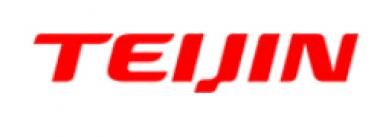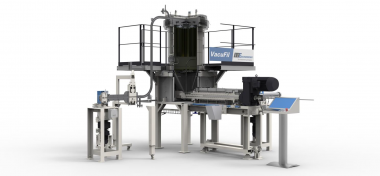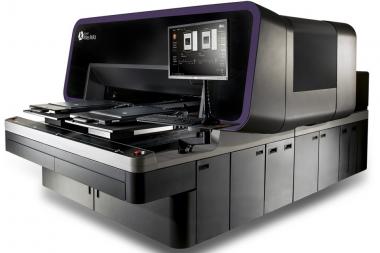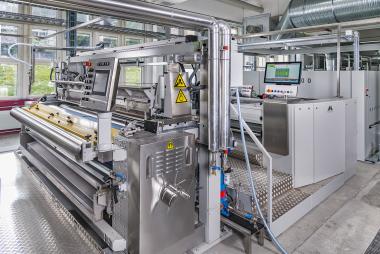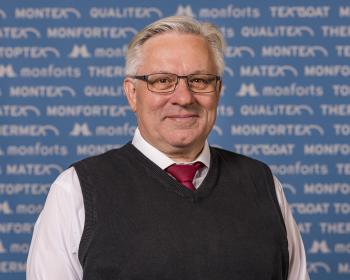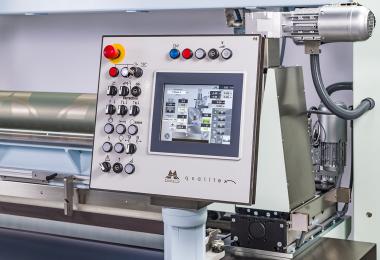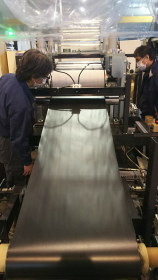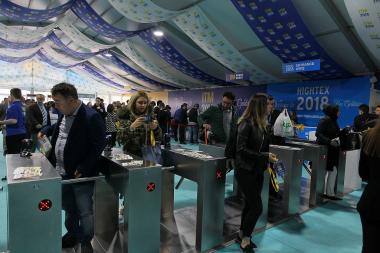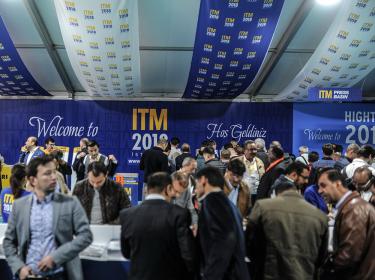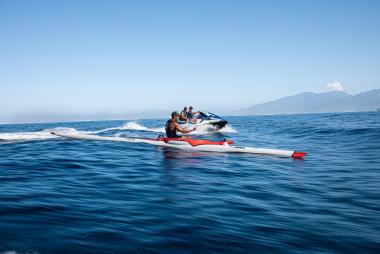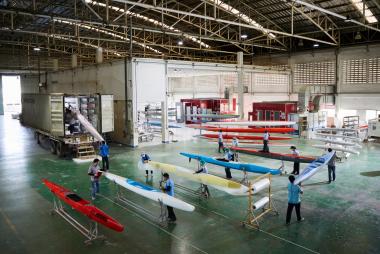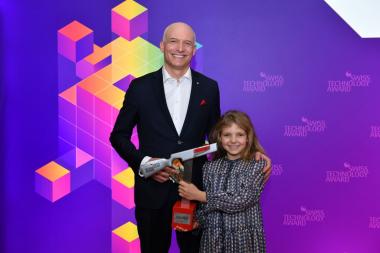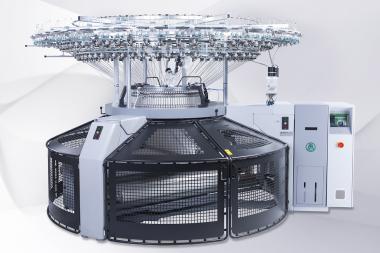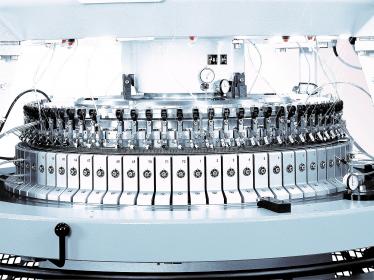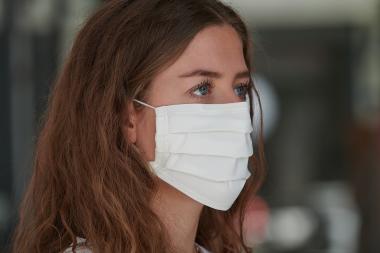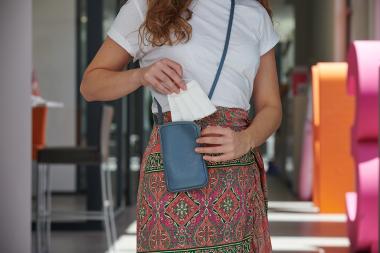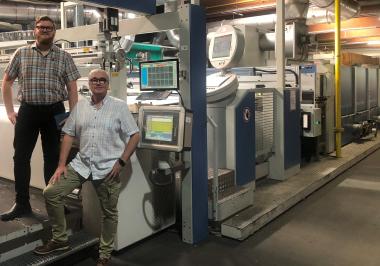Autoneum: Carpets even more eco-friendly
Autoneum carpet systems already meet high standards of sustainable mobility due to their high content of recycled fibers. Thanks to an alternative backcoating (ABC) process, Autoneum carpets are now becoming even more environmentally friendly: By replacing the latex commonly used in standard backcoatings with thermoplastic material, the recyclability of carpets at the end of product life is further improved. In addition, the innovative manufacturing process greatly reduces water and energy consumption and thus CO2 emissions in production.
Lightweight, textile-based carpet technologies such as Di-Light or Relive-1 significantly improve the environmental performance of carpets. For example, Di-Light-based carpets consist of up to 97% recycled PET; aside from that, they are around 20% lighter than conventional needlepunch carpets, thus contributing to lower fuel consumption and CO2 emissions from vehicles. In addition, Autoneum needlepunch carpets are now even more sustainable thanks to the innovative ABC process, which uses a thermoplastic adhesive instead of latex in the backcoating: Unlike latex, thermoplastic adhesives can be heated and melted down together with the carpet components made of pure PET at the end of the product life cycle, which facilitates recycling considerably. Furthermore, since the fibers of the thermoplastic mono-material are easier to open, carpet cut-outs can be reclaimed more easily, thereby reducing the consumption of natural resources as well as waste volumes and thus CO2 emissions. The environmental performance of Autoneum’s needlepunch carpets, which already contain a high proportion of recycled PET, is thus further improved.
Moreover, backcoatings without latex improve the sustainability of carpets not only thanks to better recyclability at the end of the product life cycle. Since the application of the thermoplastic adhesive using the innovative ABC process consumes significantly less energy than the production of latexbased backcoatings and does not require any water at all, the environmental impact can already be minimized in the manufacturing process. Additionally, thermoplastic adhesives developed in-house by Autoneum will open up new possibilities in the future for adapting backcoatings to the individual needs of vehicle manufacturers in terms of their acoustic performance, stiffness and abrasion resistance.
Models from various customers in Europe and North America are already equipped with latex-free needlepunch carpets from Autoneum. In the near future, backcoatings with thermoplastic adhesives will also be used for Autoneum’s tufted carpets. Production of the new, even more sustainable generation of tufted carpets is scheduled to start in early 2022.
Autoneum












